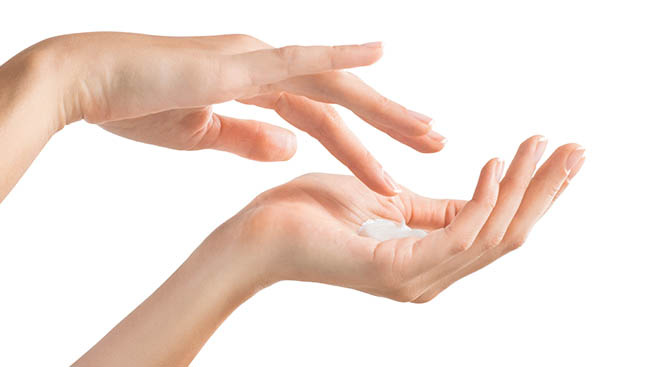Putting on sunscreen before heading out might seem like an inconvenience, but it can protect you from harmful health issues.
As summer approaches, between the longer days and the freer hours, it’s easy to forget that there are certain increased risks to health brought along with the bright sunny days. Sunlight is a peculiar thing. On one hand it is not only enjoyable but necessary for good health, on the other hand, it can lead to skin issues such as sunburn or cancer. The easiest preventative measure to take, in order to still soak up the rays while staying safe, is sunscreen. And despite probably having used it sporadically all our lives, there is so much we don’t know about it.

The purpose of sunscreen is to absorb or reflect certain types of radiation from the sun, and attempt to prevent some of the effects of excessive sun exposure. Due to this general overarching definition, a common misconception people may have about sunscreen is that it’s all the same. In actuality, different sunscreens are made of a combination of different compounds, each that blocks against different levels and types of radiation due to sun exposure. The ideal would be to have a sunscreen that can cover the widest range of radiation, in order to give you the best protection.
The amount of ‘protection’ can be quantified by the SPF value to a certain degree of accuracy. SPF stands for ‘Sun Protection Factor’ and measures approximately how well a sunscreen protects from UV (ultraviolet) rays. However, a higher SPF does not necessarily mean significantly better protection. In general SPF 15 or SPF 30 is recommended.

So how safe is it to use sunscreen? Various studies have been done in the past few years, on chemicals contained in sunscreen, such as oxybenzone. Consumer Reports mentioned that studies have greatly increased the perception that sunscreen is dangerous to wear. However, it is not nearly that simple. Sunscreen is made of a multitude of ingredients. There are certain chemicals, mentioned by the American Academy of Dermatolgists, such as PABA and tolamine salicylate, which have been marked by the FDA (Food and Drug Association) as dangerous.

Dr. Cobi Slater, doctor of Natural Medicine based in BC, stated in a previous article on sunscreen, “Savvy consumers are seeking alternatives to conventional sunscreens. This trend will continue as more research reveals the increasingly harmful effects of toxic sunscreens.” Mineral sunscreens made with titanium dioxide and zinc oxide have been marked ‘safe and effective’. According to Dr. Slater, “These sunscreens are a good choice for children and according to the Environmental Working Group, they have the best safety profiles of the choices in North America.”
If a sunscreen is out in the market, being sold legally to the public, it means that it has passed safety standards and that it does not contain the above mentioned ‘dangerous’ ingredients. Likewise, you should be wary of buying skin products from less than reputable places, which may contain ingredients that haven’t been determined as being ‘safe’.

One last note is the importance of buying the right sunscreen for your skin type. According to the Skin Cancer Foundation, the sunscreen you should buy depends mostly upon things such as age (children versus adults versus older), dryness of skin, proneness to allergies, and darkness of skin. These sunscreens are different due to the specific composition and combination of chemicals within them, targeting the particular problems often associated with the skin type.
The long sunny days of summer are upon us, and it goes without saying that the majority of us will be spending more time under the sun than before. Therefore extra precautions should be taken in order to be safe while having fun. Putting on sunscreen before heading out might seem like an inconvenience, but it can protect you from harmful health issues. So this time, when you visit the beach, remember to bring along the sunscreen.




